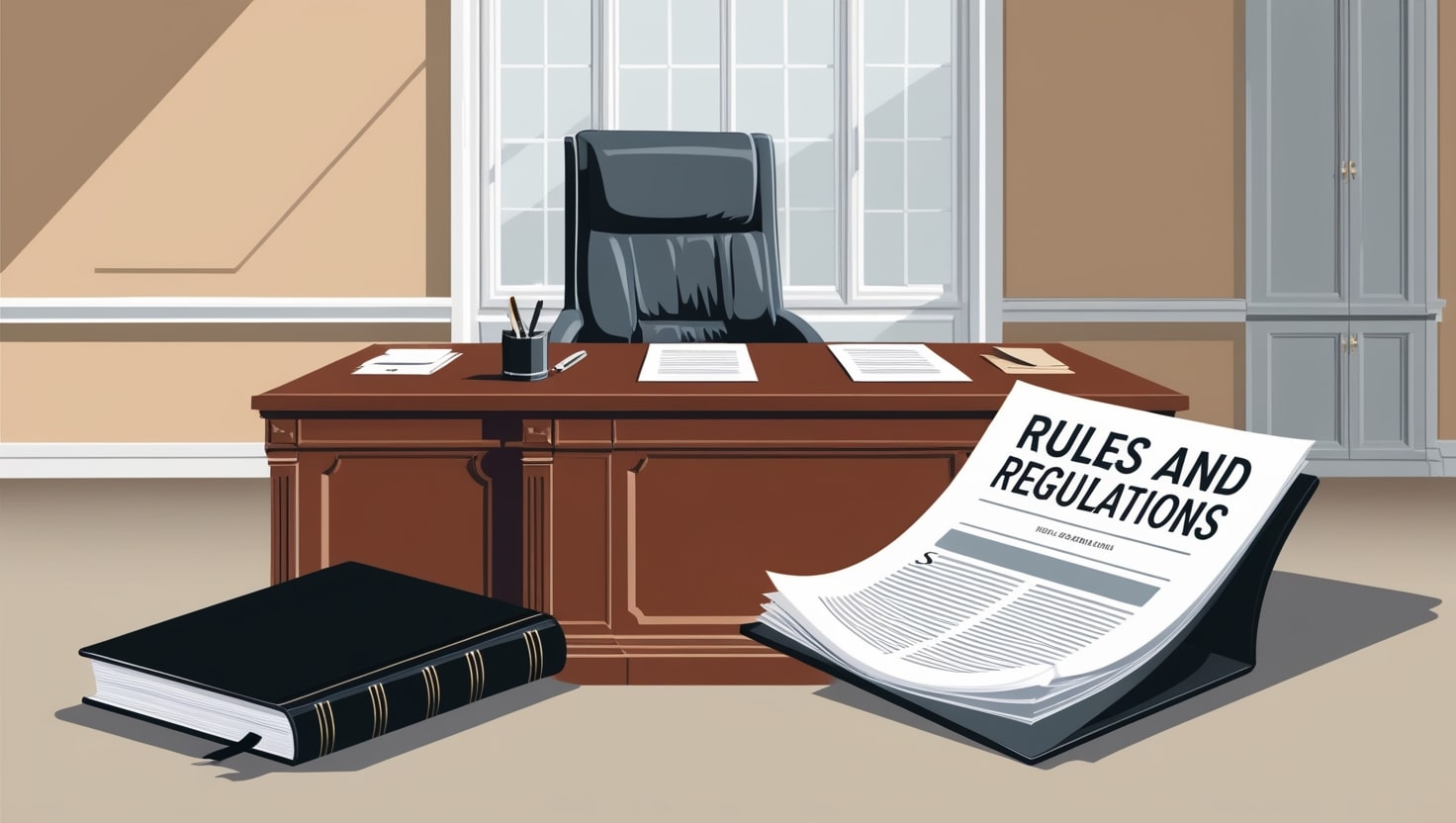Cotswold, United Kingdom Airbnb Rules & Regulations
Last updated on: 4th July, 2025


Last updated on: 4th July, 2025

In the Cotswolds, Airbnb regulations are influenced by local council requirements, which can vary by area. Here are the key points to consider for hosts looking to operate short-term rentals in this picturesque region:
Planning Permission: Some local councils may require planning permission for short-term rentals, especially in high tourist areas. It’s essential to consult your local council to understand specific requirements.
Tax Obligations: Airbnb hosts must be aware of their tax obligations. If you rent your property for more than 65 nights annually, you may be required to register for business rates with the Valuation Office Agency (VOA). For those renting more than 105 days per year, your property may qualify as a Furnished Holiday Let (FHL), which can afford certain tax benefits such as the ability to offset mortgage interest against earnings.
Income Tax: Income from Airbnb rentals is typically taxed alongside other income through the self-assessment system. Hosts should keep their earnings below the VAT threshold of £85,000 to avoid registering for VAT.
Professional Guidance: It is advisable for hosts to engage the services of an accountant or do thorough research to comprehend what expenses can be claimed against tax.
In conclusion, while hosting on Airbnb in the Cotswolds can be a lucrative opportunity, it’s crucial to ensure compliance with local regulations and taxation laws to avoid any potential penalties. Always stay informed about your obligations as a responsible host.